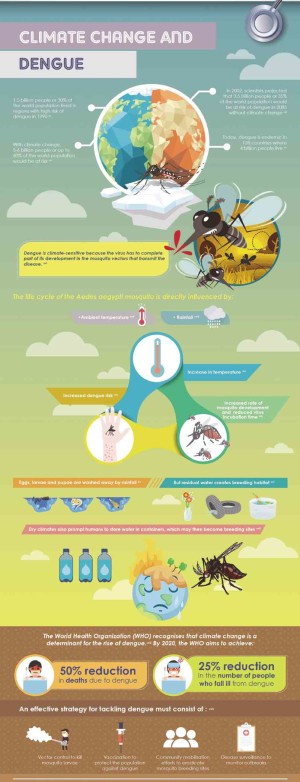Studies have consistently shown that a high consumption of animal protein can progressively destroy kidney nephrons (microscopic filtering units), leading to the weakening of the kidney’s ability to filter toxins from the body. In diabetic patients, tightly controlling the blood sugar and blood pressure levels help to a certain degree. However, the kidney’s weakened condition continues to worsen over time when a high-protein diet is unchanged.
Preventive medical specialist Dr. Neil Nedley, MD, had long pointed to several studies showing such a pattern linking a high-protein diet with deteriorating kidney functions, and the flipside showing the correlation of improved kidney function with the adherence to the basic four-diet plan (fruits, vegetables, unrefined whole grains and moderate amounts of nuts).
The July 15 breaking medical news from the Physicians Committee for Responsible Medicine confirmed what physicians like Nedley had been stressing all along: Red meat increases the risk of kidney failure.
In a study published online in the Journal of the American Society of Nephrology, researchers assessed data from 63,257 participants of the Singapore Chinese Health Study and tracked diet and kidney functions among these participants. Those who consumed the most protein from red meat showed a marked increase of their risk of end-stage kidney disease. Results showed that replacing a single serving of red meat with another source of protein, such as soy products or legumes, cut the risk for disease by over 60 percent. These findings support previous research that suggests diets high in processed meats had a direct hand in disease occurrence and mortality.
Dr. Johann Kim T. Mañez, MD, lifestyle medicine consultant and complete health improvement program facilitator at Adventist Medical Center Manila, shared with the Inquirer Science and Health: “This new study simply verifies what we already know about how harmful red and processed meat are when included in our diet. A diet rich in plant-based whole foods has more than enough protein to meet our dietary requirements without harming our vital organs. In fact, plant-based whole foods have been shown to protect and preserve the function of our parts in general.”
Nedley cited in his book “Proof Positive” (in the chapter “The Great Meat and Protein Myth”) that the plant-based Chinese basic four-protein content (green leafy vegetables, soybean products, sweet potatoes and cereals), when compared to the American version of the “basic four” (milk, meat, fruits and vegetables, and cereal grains), can already easily provide all the protein needed by the human body, without having to resort to animal products, which have been shown in an increasing number of well-documented studies to carry negative effects on health.
“The preoccupation with meat and its protein, rather than improving health, has contributed to many degenerative diseases such as heart disease, cancer, osteoporosis, kidney failure, and kidney stones. Plant sources of nutrition are generally modest in protein and reasonable in fat content; furthermore, they never contain any cholesterol,” wrote Nedley.
While discussing protein sources, Nedley added that vegetable proteins (including legumes) are, by far, the safest forms of protein to consume. He also cited that soy milk, which is becoming an accepted substitute for cow’s milk, is now commonly available and is by far a healthier alternative, being cholesterol-free and low in fat.
“With our growing understanding of protein physiology, a plant-based diet has emerged as the optimal way to eat for those interested in maximizing longevity and the quality of living,” said Nedley.


